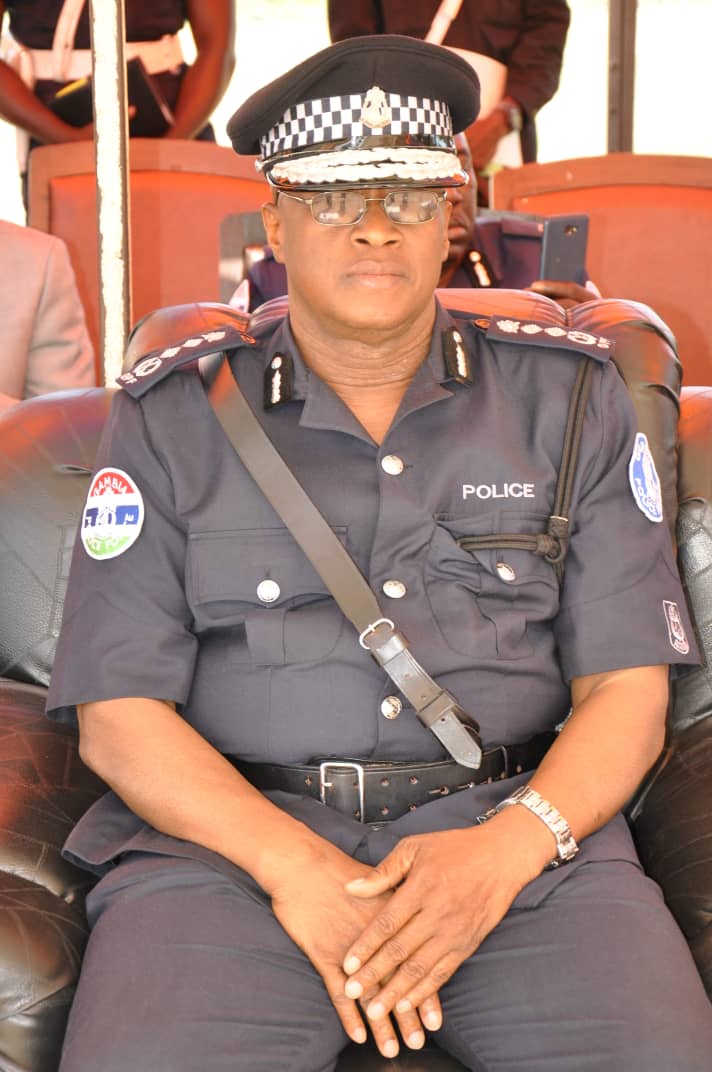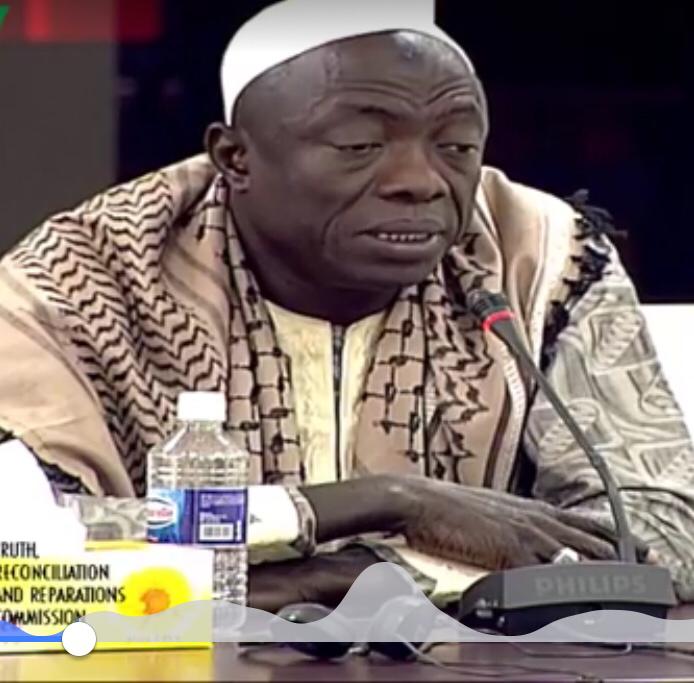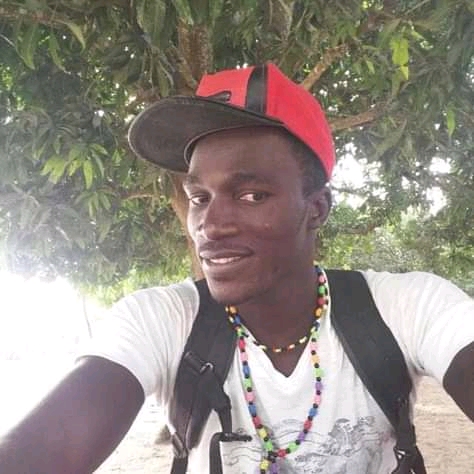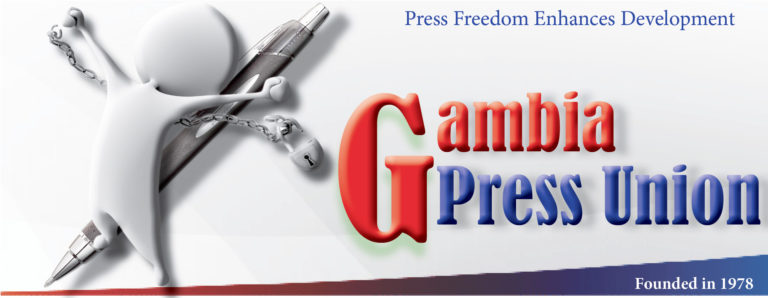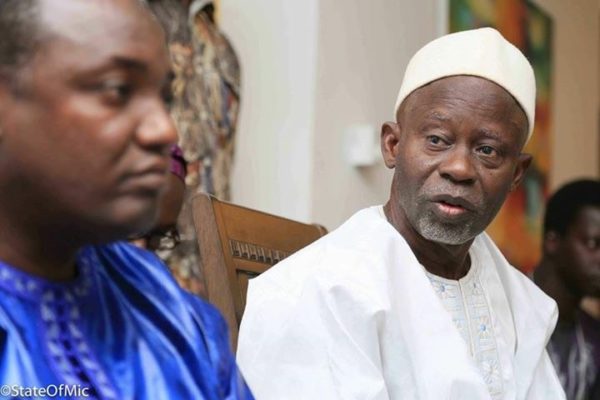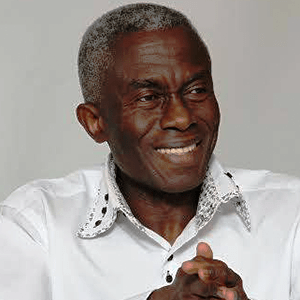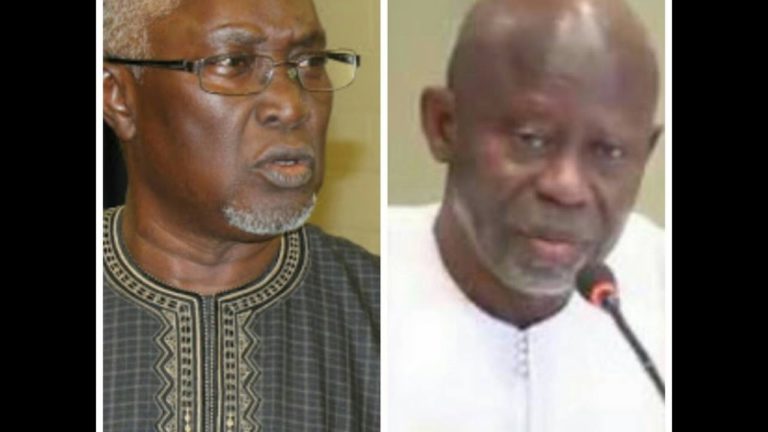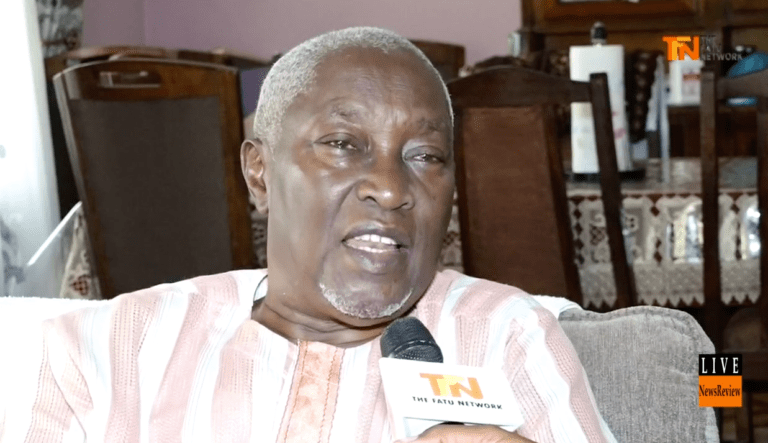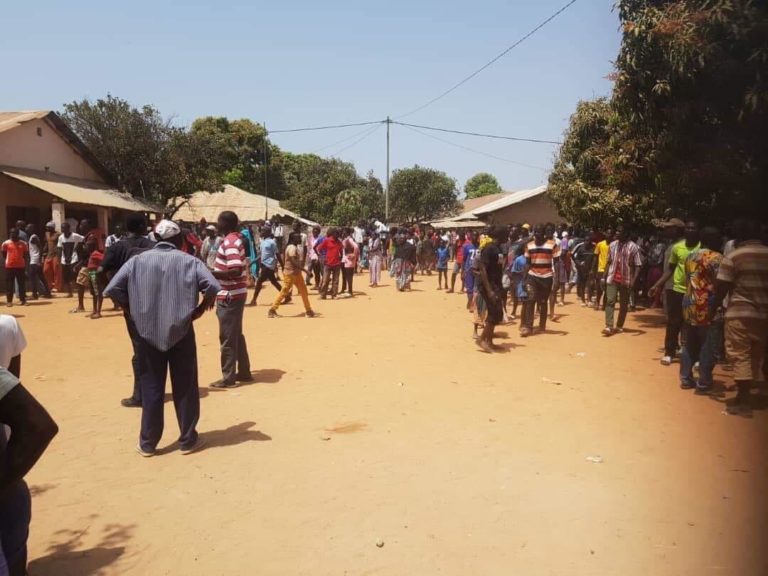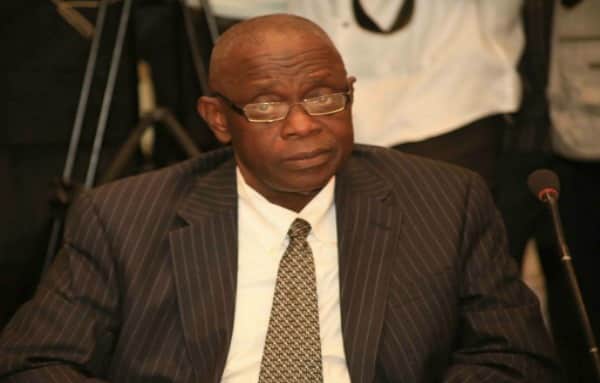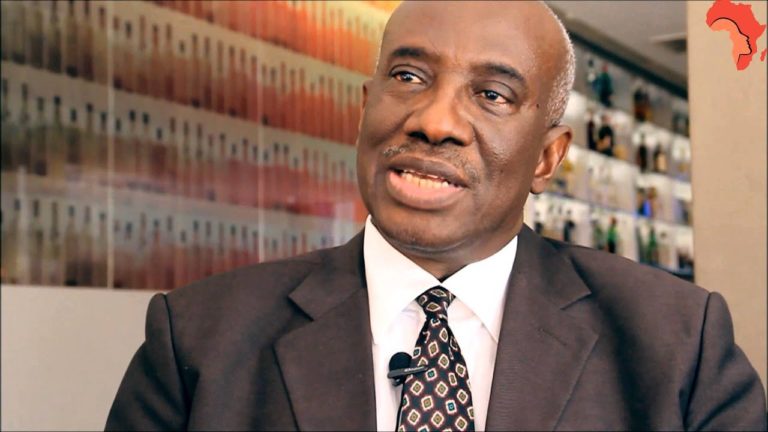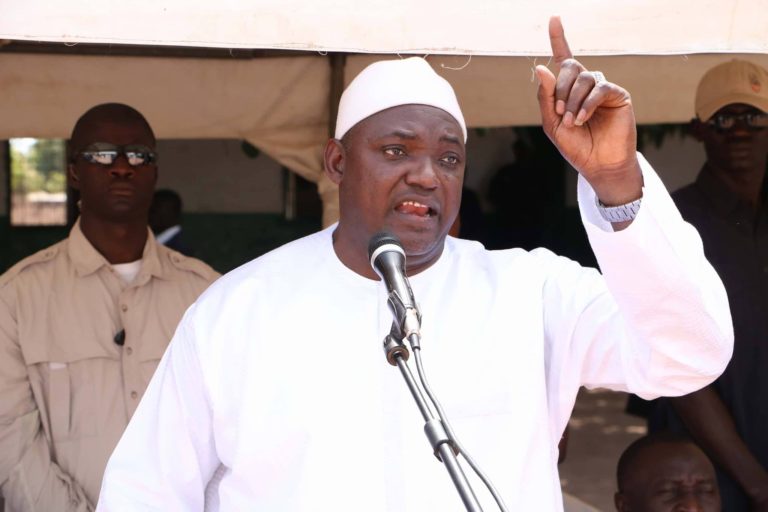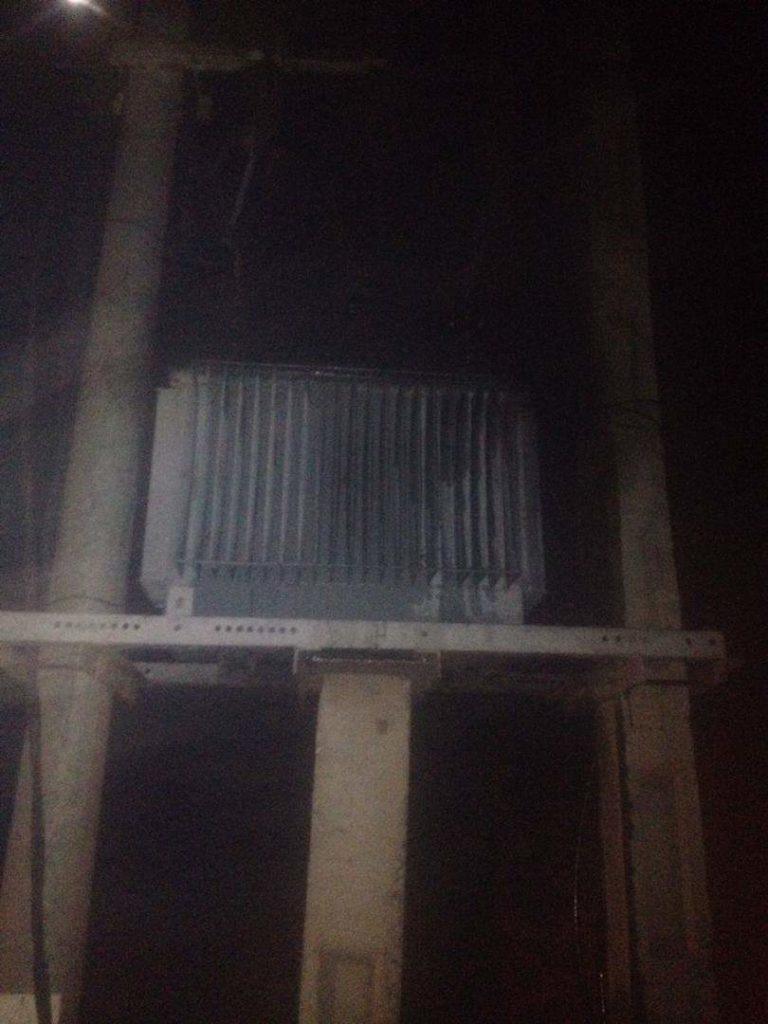By: Ousainou Mbenga
From the Gambian front of the African revolution, we want to inform President Adama Barrow that his braggadocious claim of being more powerful than Jammeh because he has the Gambia National Army (GNA), Police Intervention Unit (PIU), State Intelligence Service (SIS) and ECOMIG behind him is a delusion of grandeur. It was the Gambian masses whovoted you into office and not your state instruments of repressionand you betrayed them.
The presence of ECOMIG with your previous ‘Jungler’ – NIA infested national security and even yourrecently exposed gun-slinging ‘sponsor’, Abdourahman Jawara can’t intimidate the increasingly disgusted and betrayed Gambian masses. If you really want to hear the masses views; you haven’t done anything. Yourincreasing exhibits of power drunktendencies comes asno surprise. It is typical of the treacherous African petit bourgeoisie and its aspirants such as yourself. In just two years, you and your hungry pack of “get rich quick” administration are undoubtedly inspired by the rabid aspirations to build individual wealth at the expense of our impoverished and crippled Gambia.
Many among us never expected your regime to “drain the swamp” that Jammeh had turned Gambia into. Instead you protected and continue to dirty up the swamp with your selective and disingenuous constitutional reforms such as the “age limit” for the presidency while the repressive “public order act” is entrenched. Furthermore, you expose our veins for anyone to draw and drink the blood of the suffering masses in the name of “foreign investments” with the deliberate exclusion of the sons and daughters of our beloved Gambia as “local initiatives” for genuine and sustainable development.
Consequently, the Chinese, Indians, “newLebanese”, Turkish and a host of other unscrupulous investors control the livelihood of our people with no relief in sight. Your belief that these unscrupulous “foreign investors” are the solution to our wretched social conditions exposes your gullibility and “leadership” of questionable integrity. And itconfirms your treacherous intentions to only accumulate personal wealth and further cripple our beloved Gambia. The environmental degradation on land, sea and air are of no concern to your mal-administration. You continue to call upon the “diaspora” including exiles to return and contribute their “quotas”. But what will they return to? The foul swamp you adopted from Jammeh? The “diaspora” is now aware of your game and finally realize their blunder in your rise to power.
THE SCRIPT IS FLIPPED!
Now that the Barrow / UDP hegemony (regime) is in a state of dissension, whether perceived or that it’s just our imagination as some “militants” would want us to believe, we see it as a vindication from our informed analysis of the inevitable implosion of the Barrow / United Democratic Party (UDP) regime following its “tactical betrayal” of Coalition 2016 and the subsequent flip — flopping on the 3 year or 5 year term limit for the Barrow presidency. As the genuine struggle continues, it is imperative that we know who to form a coalition with the next time around.
The apparent divorce between the opportunist “tactical coalition”, the once upon a time Barrow / UDP regime, has rendered UDP a mere appendage of the Barrow administration. An appendage can serve a function when intact but can be excised without posing any imminent danger. This is what Barrow has relegated the UDP to, take it or leave it role. Both the Barrow administration and its UDP appendage are bursting at the seams in their own internal contradictions, a crisis of blatant mis-leadership which to this date have shown us no direction but to return us to the swamps of “business and politics as usual”.
The intent, if we allow it, is to hold the Gambia hostage to substandard performance while unscrupulous practices are on the rise with no relief in sight. We must demand the best for our beloved Gambia. Their contradictions are not the makings of the Gambian masses but that of the most unreliable sector of our society, the impotent self — acclaimed “intellectual elite”, known best for their ravaging consumerism under the most wretched and despicable conditions the length and breadth of the Gambia. Indeed, the bug has also bitten Barrow, which explains his increasing pompous behavior of entitlement to a wasteful life style at our expense. A trail of betrayal is what the neocolonial state (colonialists in black faces) paved in Africa. The Barrow mal-administration is blazing that trail of betrayal.
To put it fittingly, the Barrow administration and its UDP appendage is as chaotic as the traffic on the horrible roads in Banjul and other cities and towns in the Gambia. Our beloved Gambia is deliberately being crippled by:
. Thoughtless and horrible plans or no planning.
. Indiscipline from the top to the bottom and back.
. Corruptibility – FaBB, 57 vehicles, chartered flights, Mansions, NAM bribery,
Supplemental Appropriation Bill (SAB), bloated bureaucracy of sycophants.
. Lack of foresight and hindsight.
. Normalizing the abnormal.
. Mediocrity.
. Feather your own nest, to hell with all else.
. Arrogance.
. Youth abandonment, secret deals of mass deportations of Gambian Youths.
. 17 empty promises.
. Begging and the dependence on AID.
. Insecurity of our “national security”.
2019 UP FOR GRABS OR REVOLUTION?
Recently, Barrow declared 2019 to be the “turning point” for his unspecified plans despite the catastrophic dead end turns that he has repeatedly made in only two years. As the whole world witnessed, Barrow’s first opportunistic turn in 2019 was the calculated inauguration of the not fully complete “SeneGambia Bridge” to appease Macky Sall and honor one of the agreements following the impasse of 2016. Known for their “secret society” operations, such as the secret agreement to deport Gambians from Europe and America, Barrow and his enabling administration has equally vanished the discussions around FAR Limited (First Australian Resources) findings of oil and gas reserves in The Gambia, just as the $78,000 that crawled into the FaBB foundation went off the radar of inquiry (“FATOUMATA KODOO LEY”). Barrow’scurrent strategy is to win us to take his side in the ongoing “power struggle” between him and his “political father’s” party, UDP. The Barrow administration and its UDP appendage represent the neocolonial state, not the interest of the people who “voted” them into office. Both Barrow and UDP are fighting to survive the political catastrophe of their own making at our expense. National governance is being held hostage by the raging internal “party politics” which all indications suggest has degenerated to name calling at tit-for-tat rallies while we wallow in misery.
The vast majority of Gambians will take neither the side of the Barrowregimenor its appendage, UDP but would rather defend the national interest of our beloved Gambia at all cost. The Gambian masses are awaken from the nightmares of the Jammeh era and will not fall for your empty promised “dreams” that are turning into nightmares. In the two years since the Gambian “voters” entrusted you with the task for a 3 year transitional period into a “New Gambia”, you and your enablers have stayed on the same disastrous path as Jammeh.
All evidence shows that your ability to be corrupt will no doubt surpass that of Jammeh. The two sticking point examples that prove that you can be worsethan Jammeh are the $78.000 (D33, 000,000) that crawled into the bank account of your wife’s foundation (FaBB) and the cost of the chartered flight to attend the United NationsGeneral Assembly, which you defended as normal for a president to do.
THE REVOLUTIONARY ALTERNATIVE
Emerging from 22 years of neocolonial terror in the Jammeh era, preceded by 32 years of suffering peacefully, a sum total of 54 years of “flag independence” punctuated by two coup d’etat and a miserable trail of mal-development, it is time for a revolutionary alternative to rise to the occasion and chart the revolutionary path for a genuine New Gambia.
We therefore, declare 2019 as the revolutionary turning pointfor our beloved Gambia away from the rudderless Barrow regime, its current appendage, UDP and all the enabling tapeworms, whether civilian, in the army and the incompetent “national security service” (PIU & SIS). This revolutionary turning point will present to the downtrodden masses the revolutionary alternative to “politics and business as usual”. We must reach and win the masses to revolutionary politics, the only politics that will change our lives fundamentally.
Following 22 years of terror, brutality and betrayal by the Jammeh regime and the deliberate continuation of that betrayal by the Barrow administration, the“New Gambia” is nothing but a mockery and an insult. With all the corruptible practices of the Jammeh era intact, such as the retention of the known killers, torturers and rapists from the army, junglers, police, NIA and civilian enablers, who would doubt that Barrow will unleash these gangs of thugs on us when we escalate our fight against his reactionary regime. We continue to witness the brutish arrogance of the Inspector General of Police (IGP) and his thuggish Police Intervention Unit (PIU) making intimidating warnings against our rights to protest. All evidence and signs from the Barrow regime points to another disaster. Some of us will not idly sit by and watch the Barrow administration, its UDP appendage and its “tapeworm enablers” to drown us in the swamps.
Therefore,to what end we ask? Did we fight Jammeh for 22 damn years only to have the Barrow administration become another Jammeh in “sheep’s clothing”? The answer is a resounding, hell no! We fought the Jammeh regime and handed power to the most unreliable sector of our society. Our revolutionary turning point will be the “new beginning”in our beloved Gambia. This is the time to create a formidable and revolutionary opposition in the Gambia. The opposition that Jammeh said never existed — “I don’t have an opposition” Jammeh once said and to his credit, he was right. We must cultivate the conditions for revolutionary professionals to capture STATE POWER, nothing less. Anything short of capturing state power and the willingness to govern is a pipe dream and another betrayal of the aspirations of the Gambian masses for a better life with prosperity. The vast majority of our downtrodden people are fed up after 54 years of betrayal, we deserve the best our motherland has to offer. Let all the sons and daughters of our beloved Gambia rise up and join us in cultivating a revolutionary Gambian front for the African revolution.We will win!
WILL ALL THE DISCIPLINE SOLDIERS, POLICE AND INTELLIGENCE STAFF READY FOR REVOLUTIONARY CHANGE PLEASE STAND UP!

